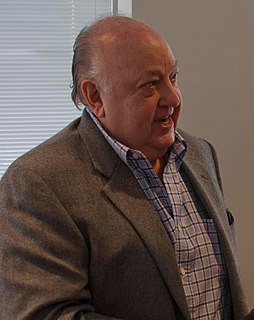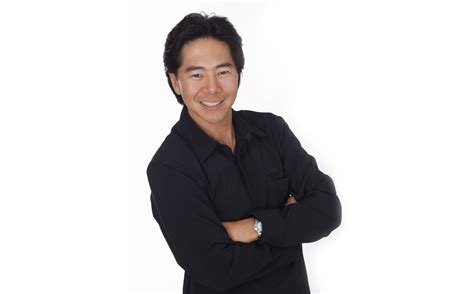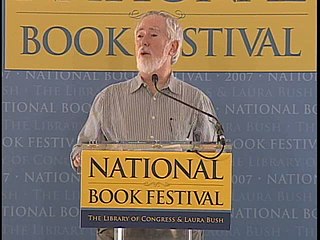A Quote by Karl Kraus
Journalists write because they have nothing to say, and have something to say because they write.
Related Quotes
They [candidates] say, "I don't want to say anything controversial." And so nobody covers them. Then they blame the journalists, saying "Why don't they write down what I said?" In congressional races, 90 percent of the time the answer is, "Because you are boring and you don't have anything that makes me interested in listening to you. Why the heck should somebody write it down? There's nothing here worth hearing."
I write because I have an innate need to. I write because I can't do normal work. I write because I want to read books like the ones I write. I write because I am angry at everyone. I write because I love sitting in a room all day writing. I write because I can partake of real life only by changing it.
Thoughts are created in the act of writing. [It is a myth that] you must have something to say in order to write. Reality: You often need to write in order to have anything to say. Thought comes with writing, and writing may never come if it is postponed until we are satisfied that we have something to say...The assertion of write first, see what you had to say later applies to all manifestations of written language, to letters...as well as to diaries and journals
There are, first of all, two kinds of authors: those who write for the subject's sake, and those who write for writing's sake. ... The truth is that when an author begins to write for the sake of covering paper, he is cheating the reader; because he writes under the pretext that he has something to say.






































